
The main content of this page starts here

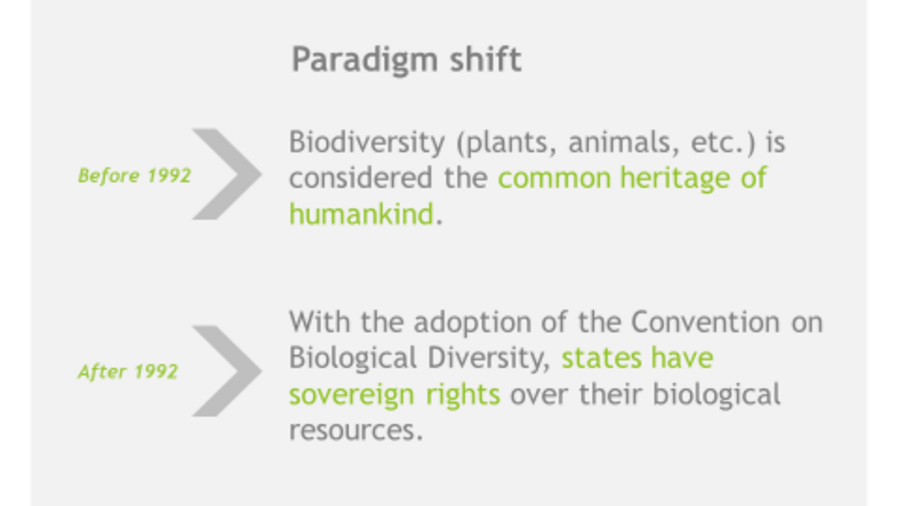
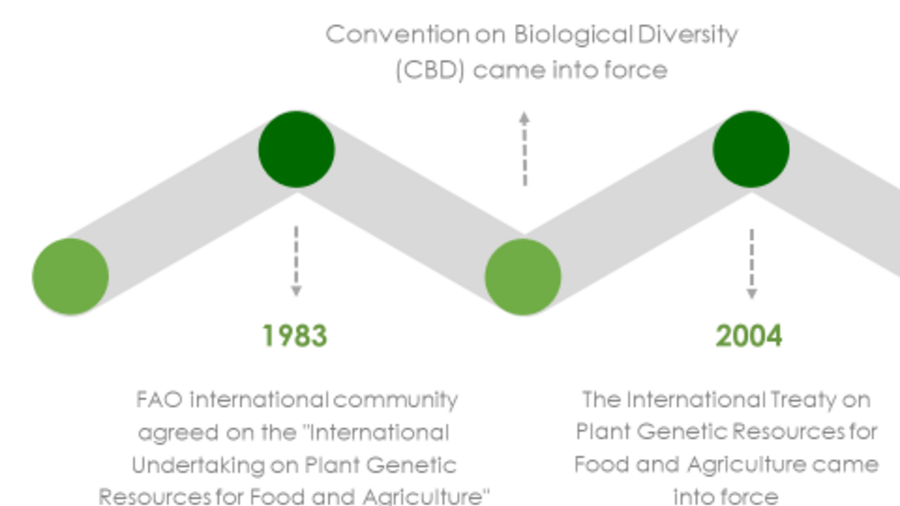
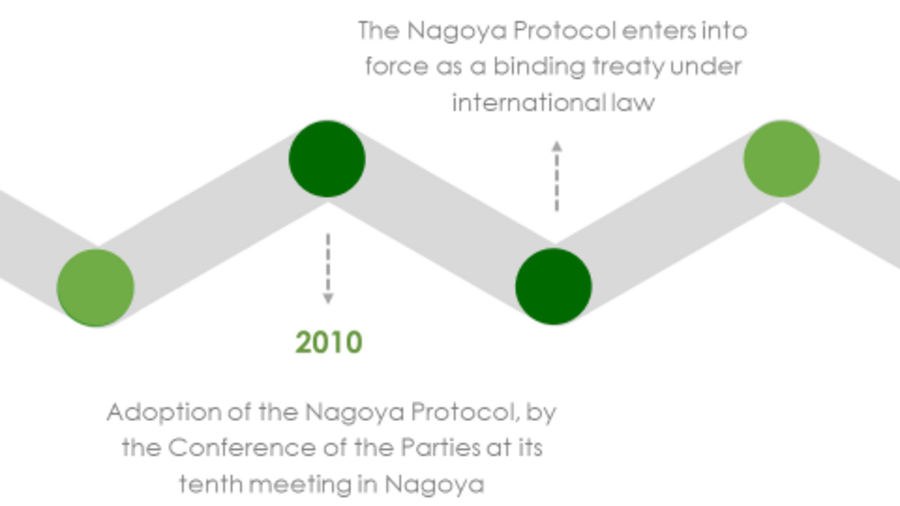
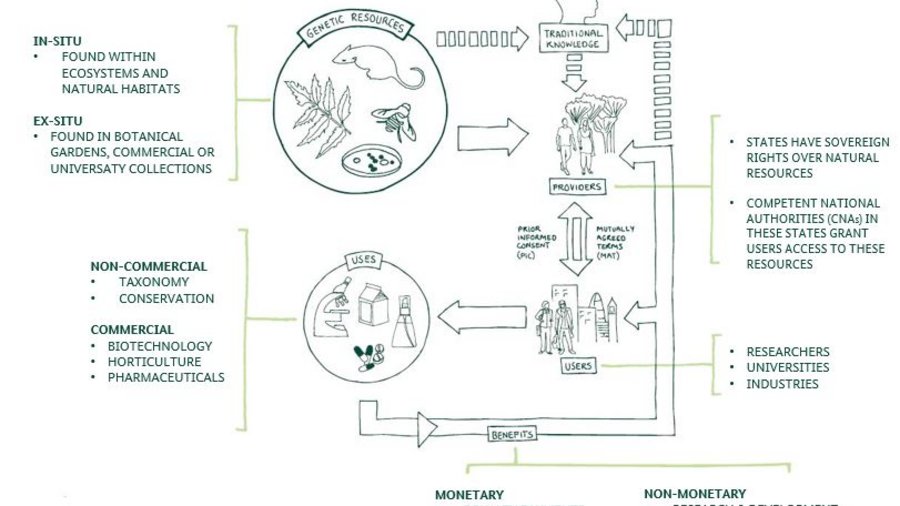
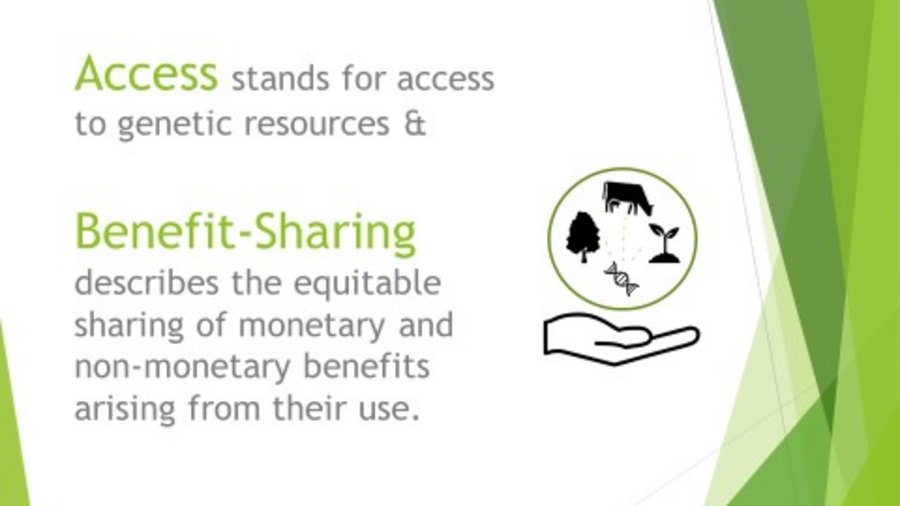
ABS stands for Access and Benefit Sharing. Access means access to genetic resources; benefit sharing stands for an equitable sharing of the benefits arising from their use. Therefore each state can determine whether and under which conditions it allows access to its genetic resources.
Biodiversity and thus also the genetic resources of plants, animals and other living organisms that can be used by humans have been regarded as the common heritage of mankind for thousands of years. With the adoption of the Convention on Biological Diversity (CBD) in 1992, the international community of states reaffirmed the sovereign right of states over their biological resources. The ABS principle was enshrined in Article 15 of the CBD.
After the entry into force of the CBD, ABS was specified by further international agreements. In 2002, the CBD member states adopted the "Bonn Guidelines", legally non-binding guidelines on the implementation of ABS.
Since 2014, the Nagoya Protocol on ABS, which provides a legally binding framework for the implementation of Article 15 of the CBD, has been in force. It regulates ABS for both genetic resources and the associated traditional knowledge. In addition, it introduces binding regulations on compliance.
The International Treaty on Plant Genetic Resources for Food and Agriculture, in force since 2004, regulates ABS for the most important food crops for plant breeding in a multilateral system (ABS in the International Plant Treaty).
Marliese von den Driesch
+49 (0) 228 6845 - 3241
E-Mail: Marliese.vondenDriesch(at)ble(dot)de
Karina Klein
+49 (0) 228 6845 - 2687
E-Mail: Karina.Klein@ble.de
Federal Office for Agriculture
and Food
Unit 321
Deichmanns Aue 29
D-53179 Bonn